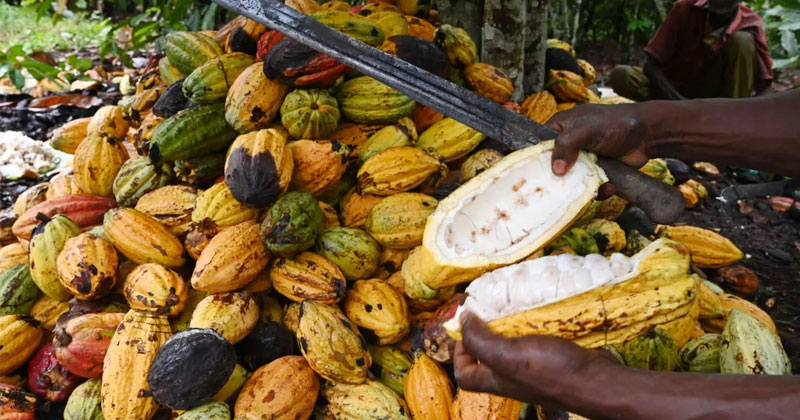Cameroon, often referred to as “Africa in Miniature” due to its diverse geography and culture, boasts a rich agricultural heritage. Among its many agricultural treasures, cocoa holds a special place. The country is a significant player in the global cocoa industry, but the question remains: Which companies are the main cocoa producers in Cameroon? In this article, we will explore the cocoa industry in Cameroon and shed light on some of the key players behind this delectable commodity.
The Cocoa Industry in Cameroon
Cocoa, the key ingredient in chocolate, is a major contributor to Cameroon’s economy. The country is renowned for producing high-quality cocoa beans, primarily of the Forastero variety, which are used in various chocolate products worldwide. The cocoa industry in Cameroon has seen substantial growth over the years, with many companies contributing to its success.

Key Cocoa Producers in Cameroon
1.Socapalm (Société Camerounaise de Palmeraies)
Socapalm, a subsidiary of the Bollore Group, is one of the largest cocoa producers in Cameroon. While it is primarily known for its palm oil production, Socapalm also plays a significant role in cocoa cultivation. The company operates several plantations across the country and has made substantial investments in modernizing cocoa farming techniques to improve quality and yield.
2. Telcar Cocoa Ltd.
Telcar Cocoa Ltd. is a prominent player in Cameroon’s cocoa industry. They are dedicated to producing and exporting cocoa beans, emphasizing sustainable farming practices. Their commitment to quality and environmental responsibility has earned them a strong reputation in the global cocoa market.
3. Ivory Coast-based Multinationals
Several multinational companies based in Ivory Coast, such as Cargill and Olam, have expanded their cocoa operations into Cameroon. They work closely with local farmers to enhance productivity and sustainability in cocoa farming.
4. Cooperatives and Smallholder Farmers
It’s important to note that a significant portion of Cameroon’s cocoa production comes from smallholder farmers and cooperatives. These farmers are often supported by organizations and NGOs working to improve their livelihoods and the quality of their cocoa beans.
5. Nestlé and Barry Callebaut
Global giants like Nestlé and Barry Callebaut also source cocoa from Cameroon. While they do not produce cocoa in the country themselves, they work with local farmers and cooperatives to secure a supply of high-quality beans.
Sustainable Cocoa Farming in Cameroon
In recent years, there has been a growing emphasis on sustainable cocoa farming in Cameroon. Various initiatives, including Fair Trade and Rainforest Alliance, have gained traction, encouraging responsible farming practices that protect the environment and promote fair wages for farmers. Many of the companies mentioned above actively participate in such initiatives to ensure the long-term viability of cocoa production in Cameroon.

Challenges Facing the Cocoa Industry in Cameroon
While Cameroon’s cocoa industry has seen significant growth, it faces challenges such as aging cocoa trees, low productivity, and the threat of diseases like black pod disease. Additionally, issues related to deforestation and child labor have garnered attention, prompting stakeholders to address these concerns through sustainable and ethical practices.
Conclusion
Cameroon’s cocoa industry is a vital contributor to both the country’s economy and the global cocoa market. Various companies, from local cooperatives to multinational giants, play a role in producing this delectable commodity. With an increasing focus on sustainability and ethical farming practices, the future of cocoa production in Cameroon looks promising. As consumers, supporting companies that prioritize sustainability and fair trade can contribute to the continued success of Cameroon’s cocoa industry while ensuring a sweeter future for all involved.
For more information on cocoa bean processing, check out this Cocoa Processing Solution.